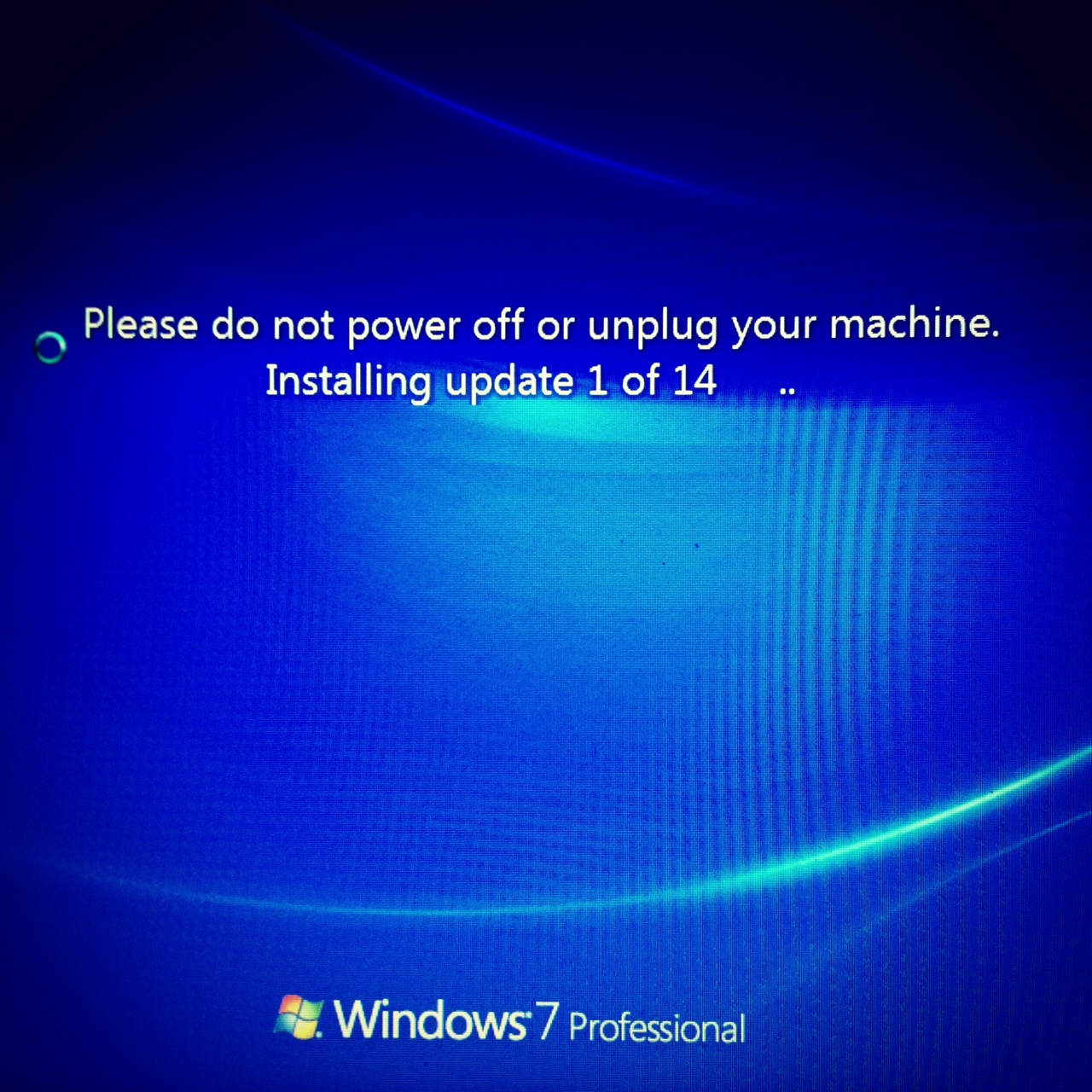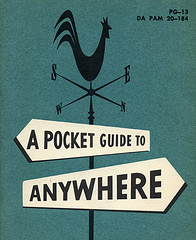It was better the old way
Chances are pretty good that we've all accepted some version of one of following maxims in the last few years:
Business is moving faster than ever before.
The pace of change (technical, societal, economic) is rapidly accelerating.
Advances in technology continue to outstrip our capacity to adapt.
Even the personal technology that many of us have adopted - smartphones and tablets primarily, drive home this point almost every day. Once you have even a average number of Apps loaded on your iPhone, say about 20 or so, almost every day at least one or two of them has a new version for you to download.
And if you ignore that little visual cue on the App Store icon for a week or two, you'll likely be faced with perhaps a dozen or more updates queued up and waiting. It's quite likely that the Apps you rely on every single day, (News reading apps like Pulse or Zite, social networks like Facebook or Twitter, image Apps like Instagram or Camera+), push a brand new version out every month if not sooner.
Even if any individual new App version by itself is not all that comprehensive or significant, when taken in the aggregate, and considering how many times per day/week you engage with these apps, that is a lot of technological change being foisted on end users.
But wait a second, we are supposed to loathe change, right? Particularly technology changes that are forced upon us against what we believe are our best interests and preferences.
Push out a new Windows or MS Office upgrade in your organization and stand back to wait for the shouts of outrage.
Dare to migrate to a new ERP or HRIS system, even a 'better' one than what is currently in place, and prepare for 12 months of 'In the old system, I knew exactly how to get that information. Now - who knows?'
Try to migrate collaboration and interaction out from Email and into some new, 'Facebook for the Enterprise' tool and prepare for a long, slow, path to adoption, (if you ever get there).
Our collective and individual experience and affinity with the world of Apps - with their rapid iteration, incremental changes, and persistence in nudging us along to accept those changes I believe is making us less and less 'change averse', at least when the change feels small.
Push out a dozen small changes each year - to a technology, a process, a policy - and people get used to it, they worry less about the implications of each change, and they are more inclined to see you the creator as someone 'continually focused on making it right'.
Drop a big, hairy, massive change on people all at once - well good luck with that and let us know how it goes.
We hate change because too much of our experience with change has been the old way - like getting dropped into a foreign country with no understanding of the language or landscape. But chopped up and served in more incremental pieces - that is the kind of change we all are coming to expect and, maybe even embrace.
I think that's why your Mom tried to trick you into eating your broccoli by cutting it up into the tiniest pieces possible, or mixing it into something tastier.
NO ONE wants a plate of giant broccoli.
Have a Great Week everyone!

 Steve
Steve
